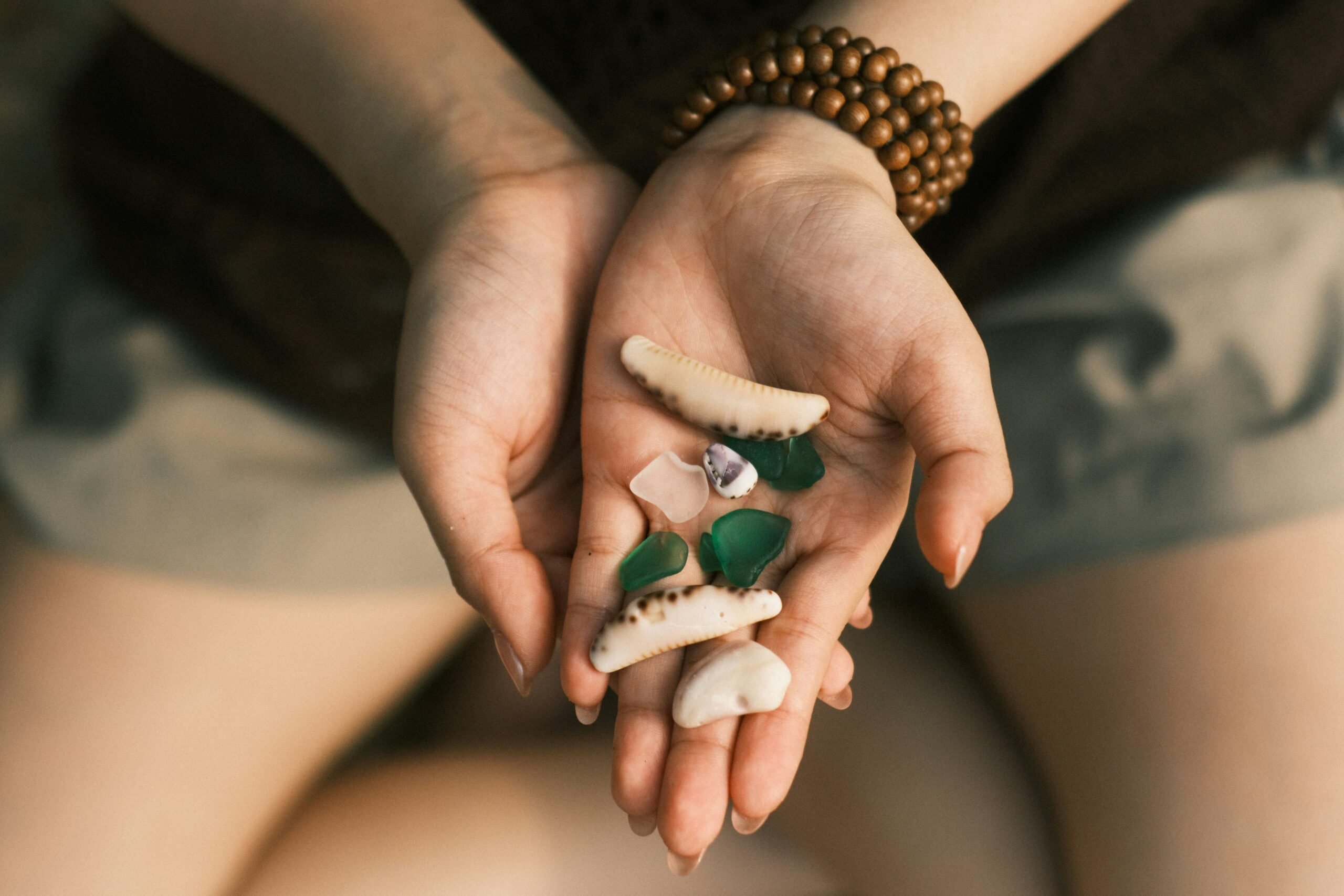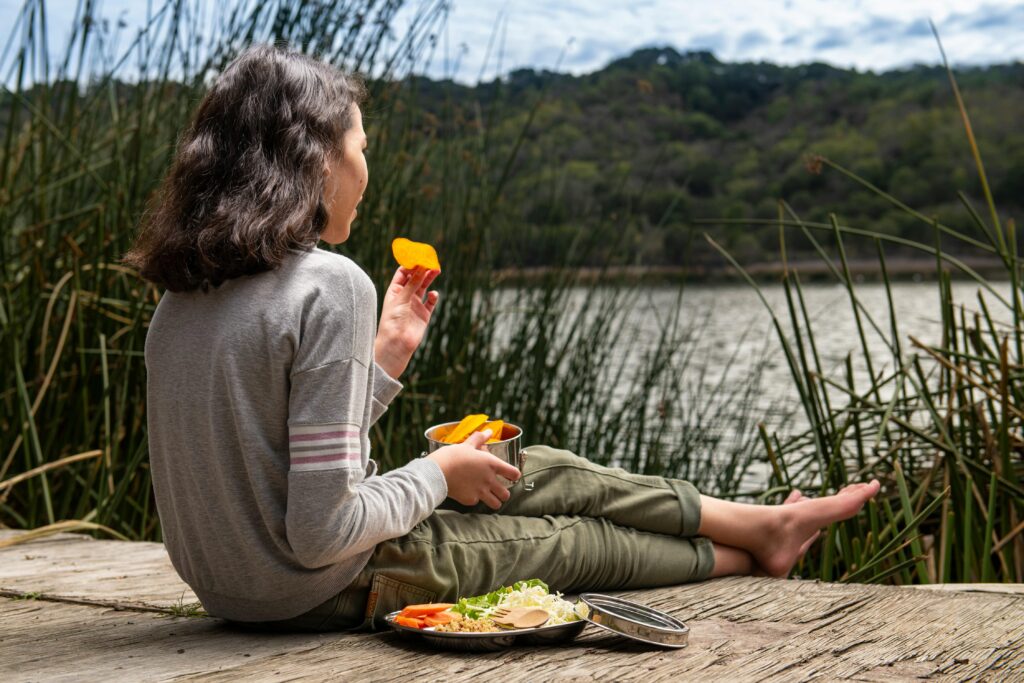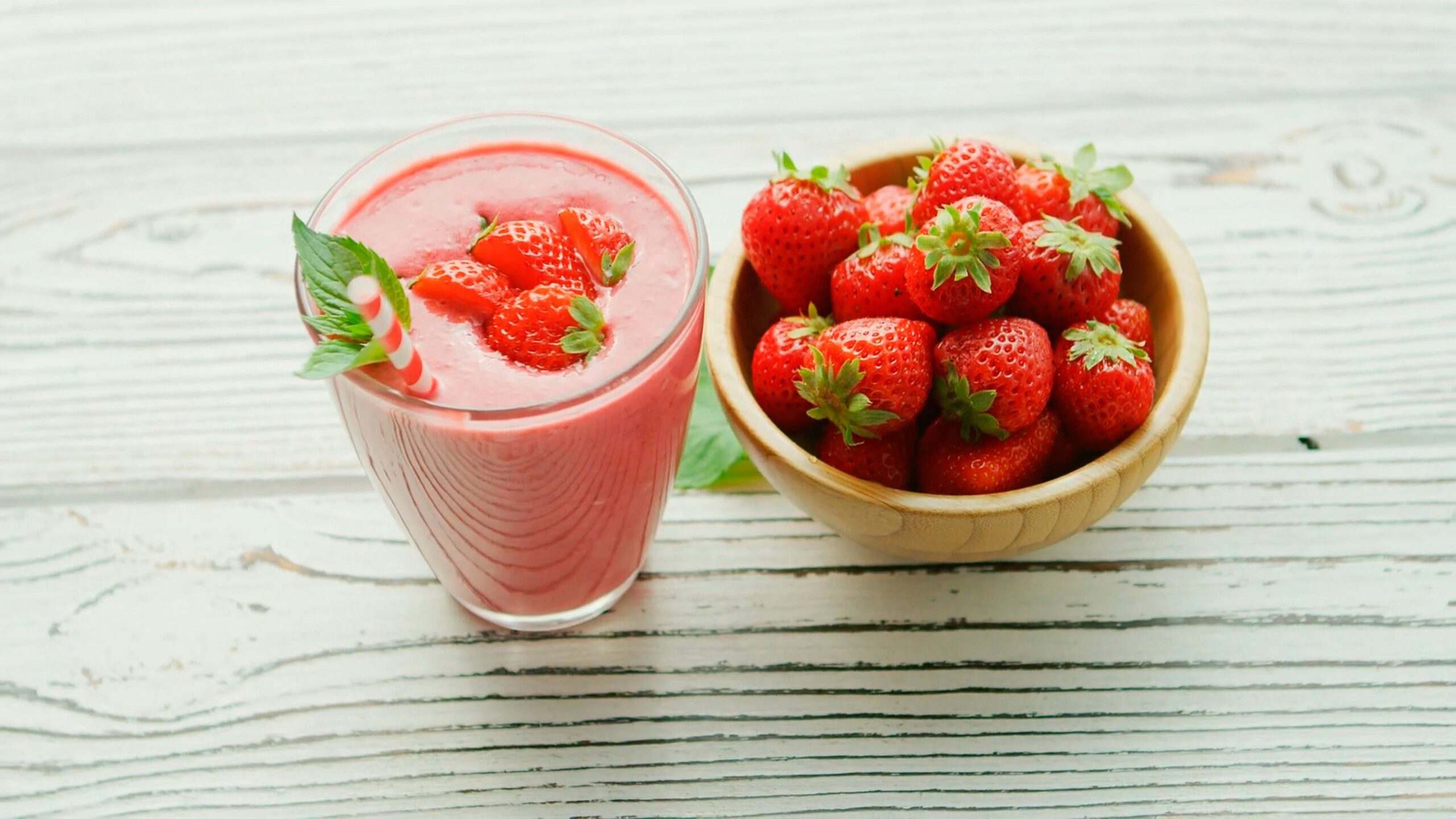Now Reading: Holistic Nutrition for Addiction Recovery
-
01
Holistic Nutrition for Addiction Recovery
Holistic Nutrition for Addiction Recovery

Explore holistic nutrition for addiction recovery. Support healing, balance mood, reduce cravings, and promote lasting wellness with whole, natural foods.
Introduction
Recovery from addiction is more than just quitting a substance—it’s about rebuilding the whole self: mind, body, and spirit. While therapy and support systems are essential, holistic nutrition for addiction recovery is a powerful yet often underused tool in long-term healing.
Food doesn’t just fuel our bodies—it can influence how we feel, think, and heal. When you nourish yourself with whole, nutrient-rich foods, you give your body what it needs to repair damage, regulate emotions, and maintain energy.
What Is Holistic Nutrition?
Holistic nutrition focuses on healing the whole person through mindful, balanced eating. It goes beyond calories and nutrients. It looks at how food affects emotional health, energy, digestion, and overall well-being.
In addiction recovery, holistic nutrition means:
- Choosing whole, unprocessed foods
- Supporting the body’s detox and healing processes
- Improving mental clarity and mood
- Addressing nutrient deficiencies caused by substance use
- Using food as a tool for self-care and stability
Why Holistic Nutrition Matters in Recovery
Substance use takes a heavy toll on the body. It damages organs, depletes nutrients, disrupts digestion, and weakens the immune system. According to a 2020 study published in Nutrients, individuals in early recovery often show signs of malnutrition, which worsens mood and increases relapse risk 1.
Holistic nutrition for addiction recovery helps reverse this damage by:
- Rebuilding tissues and muscles
- Stabilizing blood sugar and mood
- Reducing cravings
- Supporting brain and gut health
Common Nutritional Deficiencies in Addiction Recovery
Depending on the substance used, many people in recovery are deficient in:
- B vitamins (especially B1, B6, and B12) – essential for brain function and energy
- Magnesium – helps manage anxiety, sleep, and muscle function
- Zinc – supports immune function and wound healing
- Vitamin C and E – protect cells from oxidative damage
- Protein – needed for tissue repair and neurotransmitter balance
Holistic nutrition targets these deficiencies through real food rather than just supplements.
Key Principles of Holistic Nutrition for Addiction Recovery
🌿 1. Eat Whole, Natural Foods
Focus on foods that are minimally processed and close to their natural state. These are rich in fiber, antioxidants, vitamins, and minerals that aid healing.
Examples: Fresh vegetables, fruits, whole grains, legumes, nuts, seeds, lean meats, and healthy oils.
🧠 2. Support Brain and Mood Health
Addiction affects the brain’s chemistry. Holistic nutrition includes foods that boost serotonin, dopamine, and other mood-regulating chemicals.
Mood-supporting foods:
- Omega-3-rich fish (salmon, sardines)
- Leafy greens (spinach, kale)
- Eggs
- Berries
- Fermented foods (yogurt, kefir, sauerkraut)
🍽 3. Stabilize Blood Sugar
Unstable blood sugar can cause mood swings, fatigue, and cravings. Eating regular meals with a mix of protein, fat, and complex carbs keeps blood sugar steady.
Tip: Avoid sugary snacks, soda, and white flour products. Choose oats, sweet potatoes, quinoa, and whole-grain bread instead.
🧃 4. Stay Hydrated and Detox Naturally
Water supports liver function and detoxification. In holistic nutrition, hydration is crucial for flushing out toxins and maintaining focus.
Also helpful: Herbal teas (like dandelion or ginger), lemon water, and vegetable broths.
🛌 5. Improve Sleep Through Nutrition
Substance use often disrupts sleep. Eating magnesium-rich foods like leafy greens, pumpkin seeds, bananas, and almonds may help improve sleep quality naturally.

A Sample Holistic Day of Eating
Here’s what a day following holistic nutrition for addiction recovery might look like:
| Meal | Example |
|---|---|
| Breakfast | Oatmeal with walnuts, blueberries, and a drizzle of honey |
| Snack | Greek yogurt with chia seeds and cinnamon |
| Lunch | Grilled salmon, quinoa, and steamed broccoli with olive oil drizzle |
| Snack | Sliced apple with almond butter |
| Dinner | Lentil and vegetable soup with a side of whole grain toast |
| Drink | Herbal tea or lemon water |
Emotional and Spiritual Support Through Food
Holistic nutrition isn’t just about physical recovery. It’s also about emotional grounding and self-love. Preparing your own meals, choosing fresh ingredients, and eating mindfully can be deeply therapeutic.
Many people in recovery find peace and routine in cooking. It becomes a form of meditation—a way to nourish not just the body, but also the spirit.
Scientific Backing for Holistic Nutrition in Recovery
- A 2019 study in Frontiers in Psychology found that diet directly influences mental health, especially in individuals recovering from substance use 2.
- Another study from The Journal of Addiction Research & Therapy showed that whole food nutrition reduced anxiety and improved sleep quality in recovering addicts 3.
These findings reinforce the value of holistic nutrition for addiction recovery as part of a well-rounded recovery plan.
Practical Tips to Get Started
- 📝 Keep a food journal to track how different meals affect your mood and energy.
- 🛒 Shop the perimeter of the grocery store—this is where the whole, fresh foods are.
- 🍳 Cook at home as much as possible to stay in control of ingredients.
- 🧘 Pair meals with mindfulness—take a moment to breathe, give thanks, and slow down.
- 👩⚕️ Consult a nutritionist who specializes in addiction recovery to tailor your plan.
Final Thoughts
Recovery is a deeply personal path—but one thing is certain: food can be one of your most powerful allies. By focusing on holistic nutrition for addiction recovery, you create a foundation for healing that touches every part of your life—physical, emotional, and spiritual.
With each nourishing meal, you take another step toward balance, energy, and long-term wellness. Healing starts on your plate—so let every bite count.
References
- Gómez-Pinilla, F. (2020). Nutrition and mental health in substance recovery. Nutrients, 12(4), 1052. ↩
- Jacka, F. N., et al. (2019). Diet and mental health: a review of evidence. Front Psychol, 10, 1449. ↩
- Lemoine, C. L., et al. (2020). Whole food diets and psychological outcomes in recovery. J Addict Res Ther, 11(5), 415. ↩

Hi, I’m Brittany Larsen, a passionate blogger and content creator dedicated to writing meaningful and engaging articles. I specialize in topics like mental health, wellness, and personal development, aiming to inspire and empower my readers through relatable stories and practical advice.























